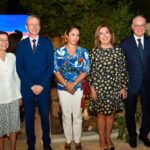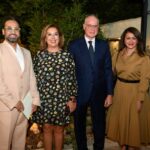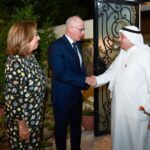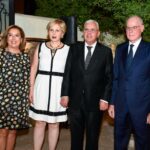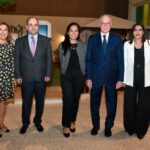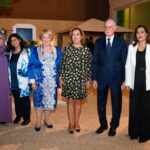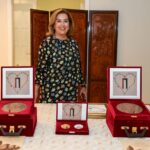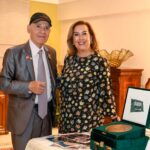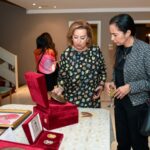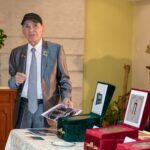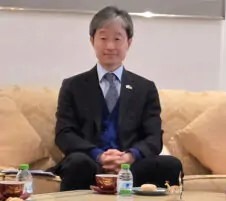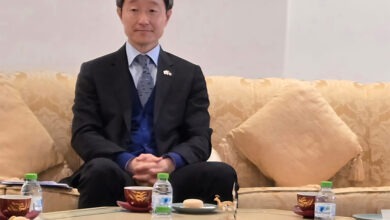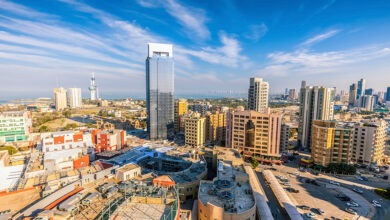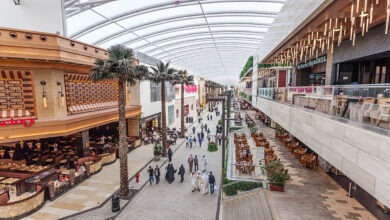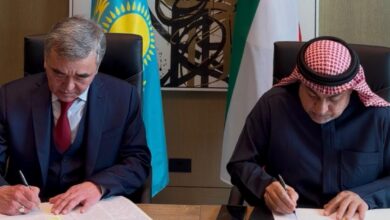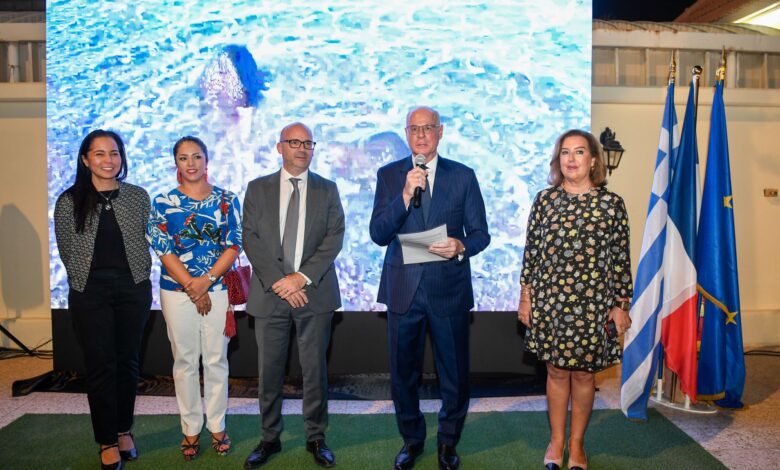
The Embassy of Greece in Kuwait in collaboration with the French Institute of Kuwait and the Council for the Promotion of Francophonie in Kuwait organized a Diwaniya at the residence of Ambassador H.E. Ioannis Plautas in the presence of the Ambassador of France to Kuwait H.E. Olivier Gauvin.
Ambassador Plautas, expressed his pride saying the French language is not merely a means of communication but a tool that promotes culture, diversity, and unity among nations.
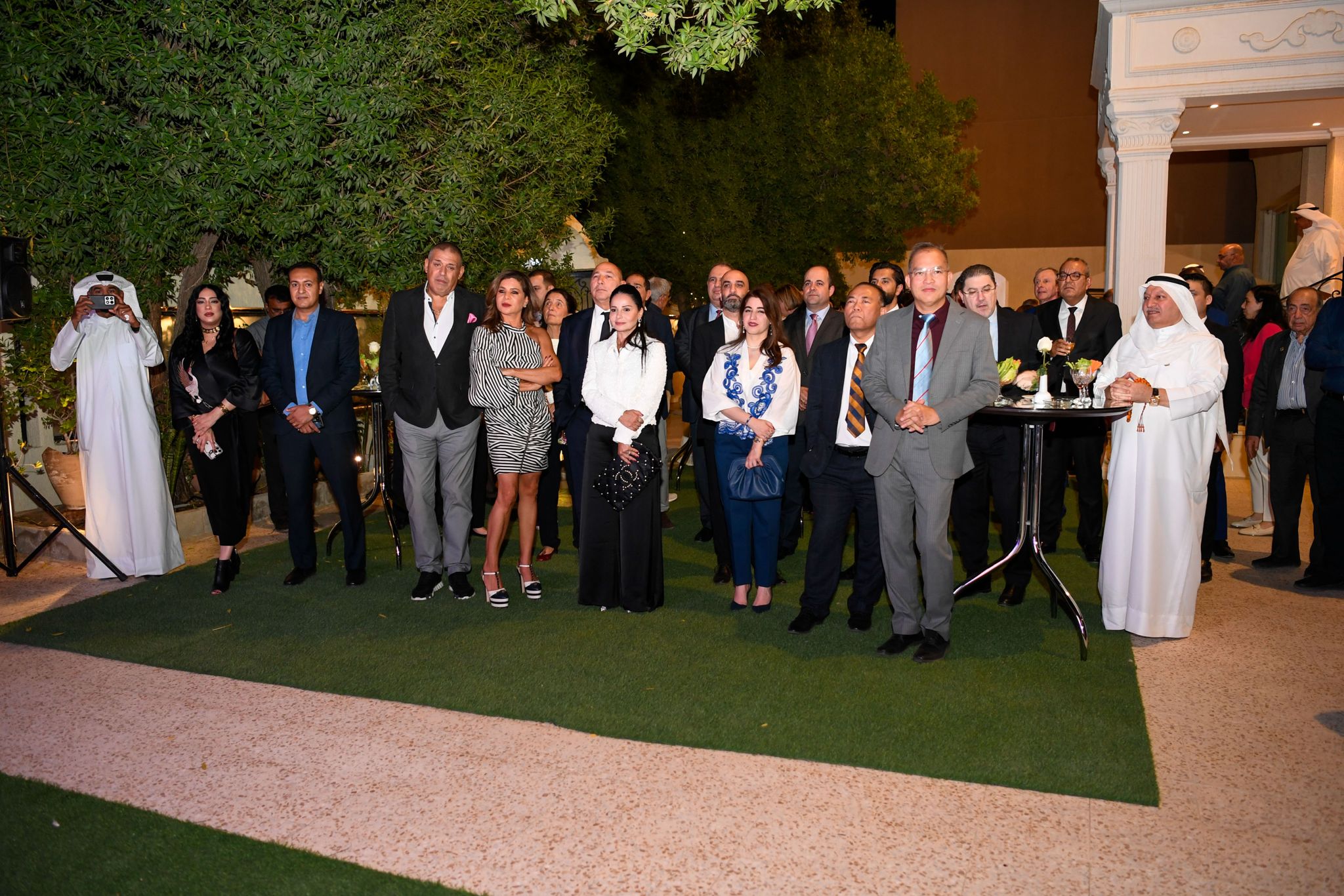
In a statement on this occasion, Ambassador Plautas said that “Greece is a member of the International Organization of La Francophonie, which includes 88 countries dedicated to promoting peace, cultural relations, and civilizational diversity.” He explained that “the organization plays an important role alongside the United Nations, especially amid the current global geopolitical unrest and climate challenges.”
He added that “the celebration in Kuwait represents a wonderful opportunity to speak and enjoy the French language,” highlighting that “French is the fifth most widely spoken language in the world, with over 320 million speakers. Its presence in Kuwait dates back to 1966, with many Kuwaiti students continuing to study it—and some even pursuing higher education in France.”
The ambassador emphasized that “the French language serves as a bridge for human communication and broadens intellectual horizons,” noting the “growing interest among Kuwaitis in learning French through the French Institute and other cultural institutions.”
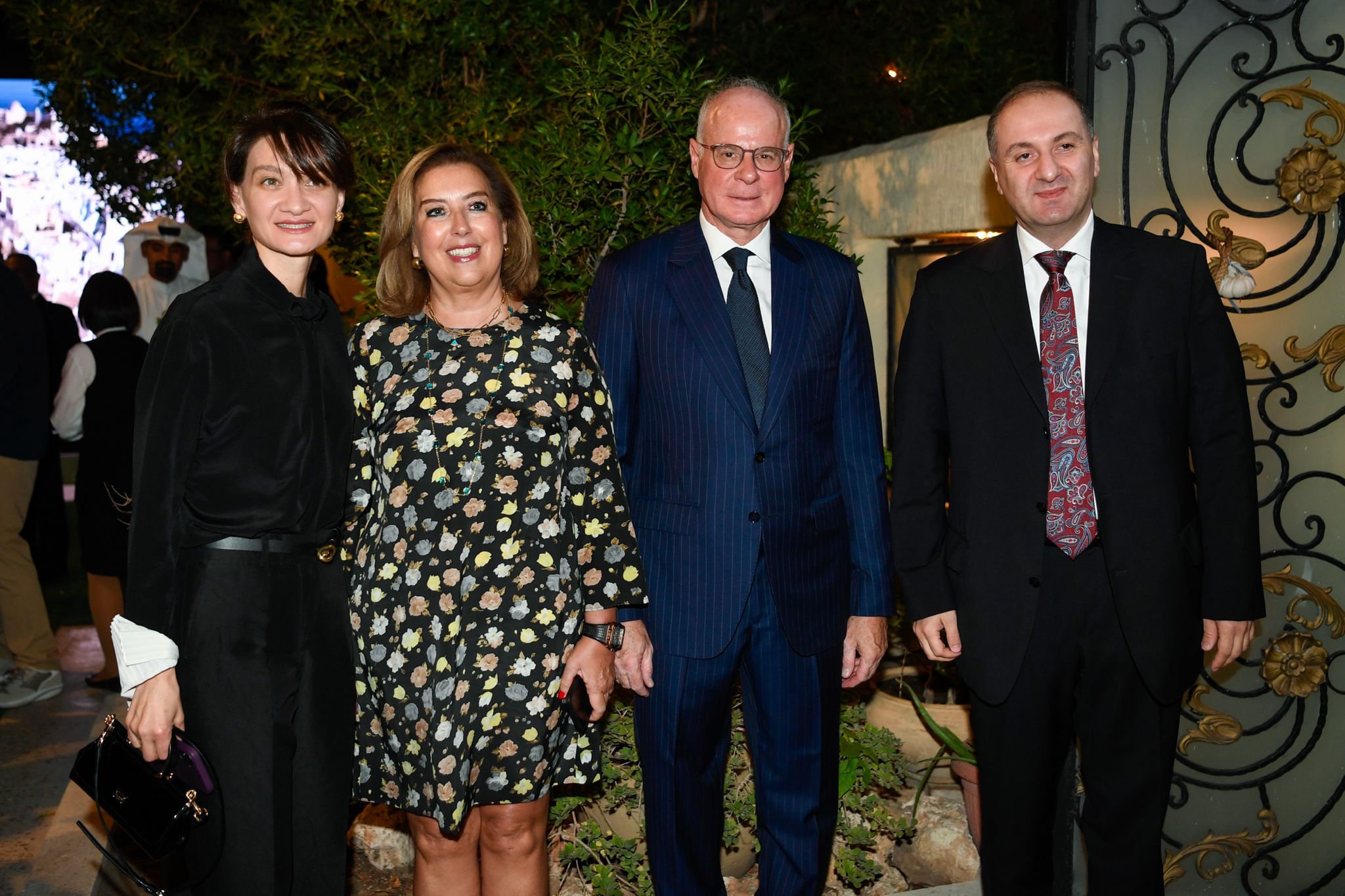
He concluded by praising the tradition of Kuwaiti diwaniyas, describing them as “a unique social phenomenon that reflects generosity, hospitality, and openness.” He added that “since my arrival in Kuwait, I have felt a warm welcome and had the opportunity to meet people in friendly, human settings that encourage open dialogue and strong, respectful relationships.”
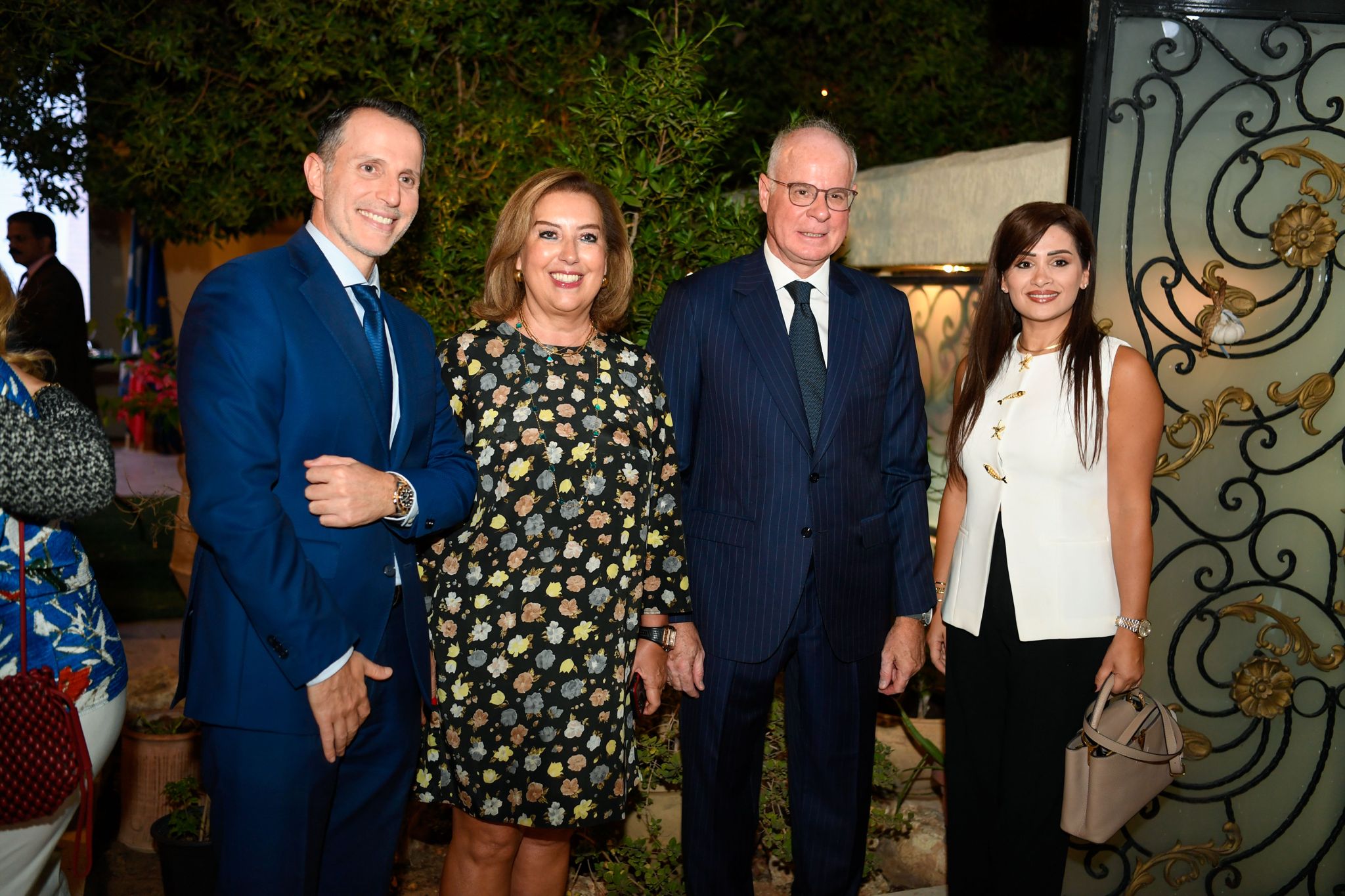
For his part, Greek researcher and artist Haralambos (Haris) Prasas, affectionately known as “The Lover of Kuwait,” said he considers Kuwait his second home. He noted that he arrived in the country in 1977 “by the blessing of God,” where he began his professional journey and built strong ties with Kuwaitis who, as he put it, “valued my work and respected me as a person above all else.”
During his recent visit to Kuwait, Prasas shared that after spending four consecutive years in the country, he returned to Greece but remained deeply connected to Kuwait—spiritually and intellectually. He went on to establish the Kuwait Center for History, Art, Culture, and Humanity, the only one of its kind in the world, dedicated to showcasing Kuwait’s history, heritage, and cultural identity.
He explained that the center houses over 100 diverse items, including books about Kuwait’s history, photographs of notable Kuwaiti figures, memorabilia, articles, and traditional Kuwaiti artifacts. “Every visitor expresses amazement that such a cultural landmark dedicated to Kuwait exists 3,500 kilometers away from the country itself,” he remarked.
Prasas said that the idea for the center was born out of his deep love for Kuwait and that his entire family—his wife, daughter, and son—participated in creating it. He noted that “the center is open to all visitors free of charge,” and that journalists from Belgium, France, and other European countries have visited and written about it in their newspapers.
Located on an island near Mykonos, one of Greece’s most famous tourist destinations, the center also coincides with Prasas’s continued visits to Kuwait—twice yearly—to produce collections of commemorative medals depicting Kuwait’s history, including those marking the 20th and 25th Independence Anniversaries, and a series chronicling the reigns of Kuwait’s late rulers from 1917 to 1980.
He also issued a similar collection celebrating the history of Saudi kings. Prasas noted that the Embassy of Kuwait in Athens closely follows and supports his work, with all successive Kuwaiti ambassadors visiting the center and expressing admiration for its content.
Prasas concluded by saying that “Kuwaitis have a refined appreciation for art, culture, and heritage,” adding that he feels proud to have devoted his efforts to highlighting the humanitarian and cultural image of Kuwait to the world.
He ended his remarks with heartfelt emotion: “Everything I have done comes from the heart, because Kuwait is a country I love deeply and believe in its cultural and humanitarian mission.”















